Written by Clara Kieschnick-Llamas
Asking someone where they’re from, which used to be a simple, commonly-asked question, is now considered offensive by many people. Microaggressions—casual degradations of any socially marginalized group—have been blown out of proportion in the last few years. What used to be an innocent conversation starter has become a breach of boundaries. Of course, there are some microaggressions that are extremely offensive. “You’re not like other black people,” or “Can you see as much as white people, because of your eyes?” are examples of such remarks. These reinforce stereotypes, which are generalizations of groups of people. It’s important to educate on the impact of words. Microaggressions, however, have now become small, everyday commentaries that some find unnecesarily offensive.
In 2015, the University of Georgia banned hoop skirts due to their connection to the Old South. Not a direct offensive or oppressive action, the wearing of a hoop skirt at the University of Georgia was considered a microaggression. An item of clothing should not be considered racist because it was worn in a racist time period. It is only a skirt—the person who wears it is not trying to induce any racist connotations. Wearing a shirt with the Confederate flag would be racist, not a hoop skirt.
In Seattle, city officials have determined that the word “brown bag”qualifies as racial discrimination. It was suggested that instead of “brown bag lunch,” the terms “sack lunch” or “lunch and learn” should be used. “Brown bag” is a phrase that has been around for a long time solely for the purpose of describing grocery bags, and is rarely, if ever,used in racist settings. Banning the phrase at Seattle City Hall is an overreaction to a non-existent issue. Seattle City Hall has also replaced gendered words in official records with non-gender-specific synonyms. For example, “penmanship,” which includes the word “man,” is now “handwriting.” The use of gender-specific terms may have originated in a more patriarchal world, but by now they have shed any sexist nuances. Calling them offensive demonstrates just how out-of-hand microaggressions are getting.
Many believe that the white population fails to understand the victims of microaggressions due to white privilege. This may be true for some white people, but not all. It is a matter of putting oneself into another’s shoes and looking at it from a different perspective. The heart of the problem is in the intention. In many cases, people committing microaggressions do not intend to offend. We need to be able to recognize when perceived insults are too trivial to worry about.
There is real racism in the world today. There is real sexism and real classism. Violence, refusal to employ and exclusion from professional organizations are macroaggressions. White applicants to a job tend to get more callbacks than African-American applicants. Why has there been so much recent focus on microaggressions, when there are bigger issues at stake? Placing such an emphasis on microaggressions among the relatively privileged on college campuses overshadows more serious forms of aggression.
Of course, there are terrible consequences of the opposite extreme: having no censorship whatsoever of one’s words and completely ignoring their results. There is a fairly large gray area of what is offensive and what is just victimizing oneself when there is no reason to be. However, our society has gone far past this gray area, and people are truly finding offense in meager, unimportant little matters.


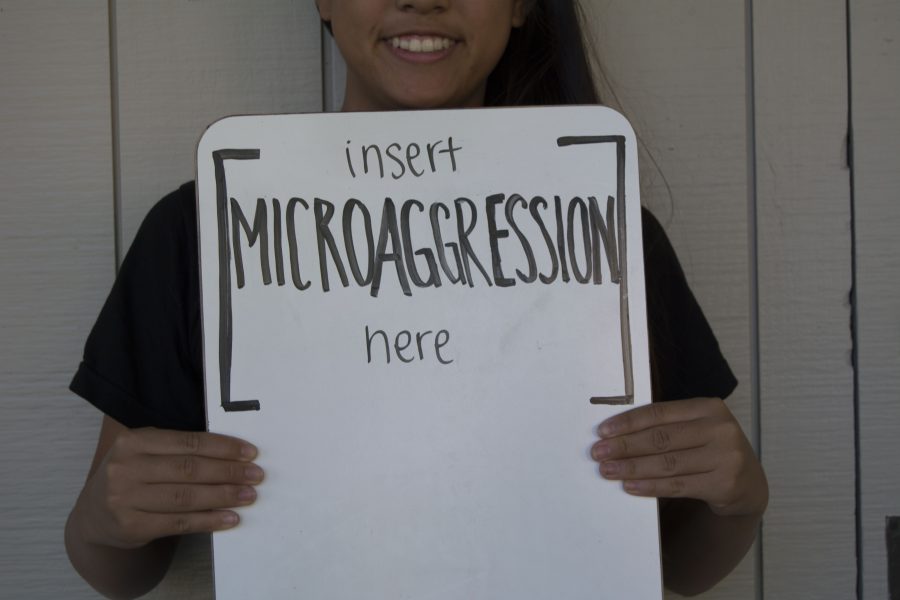



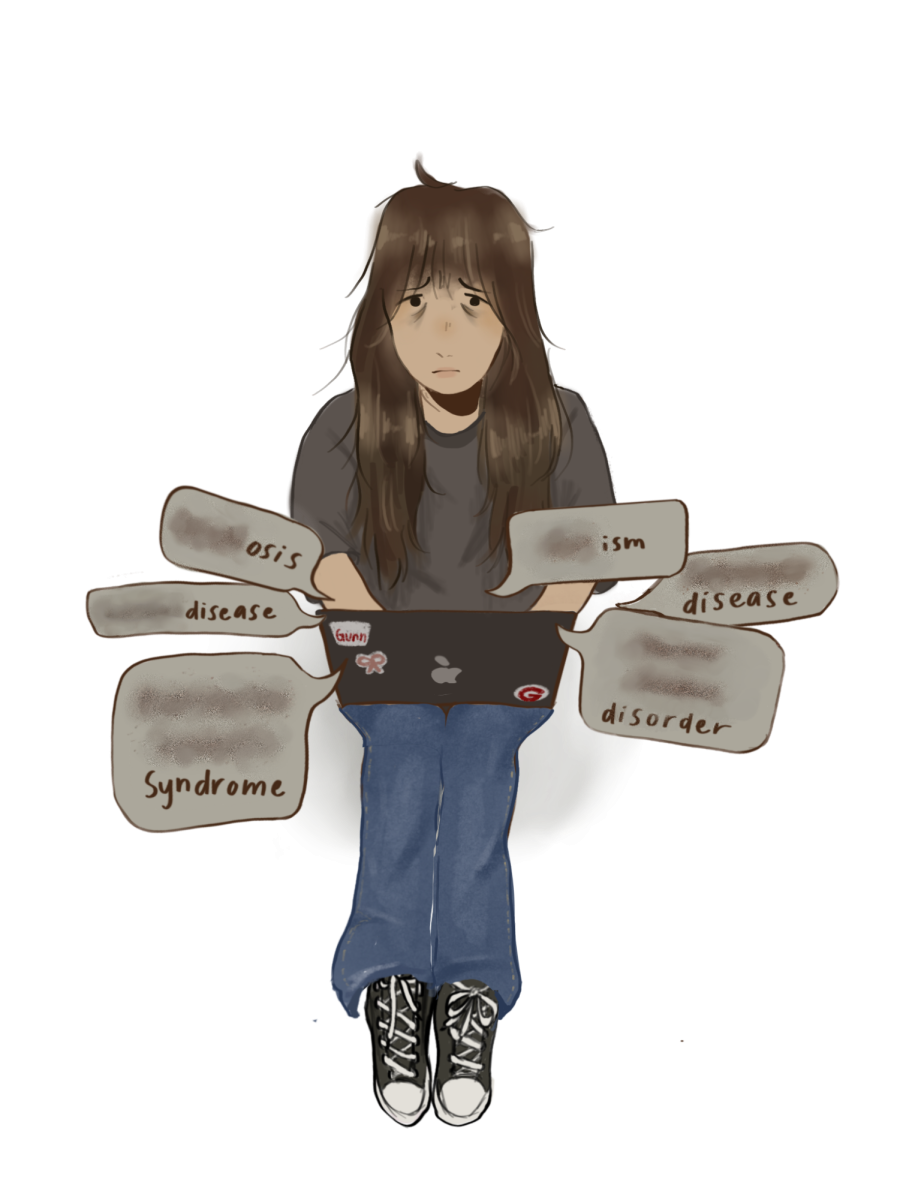
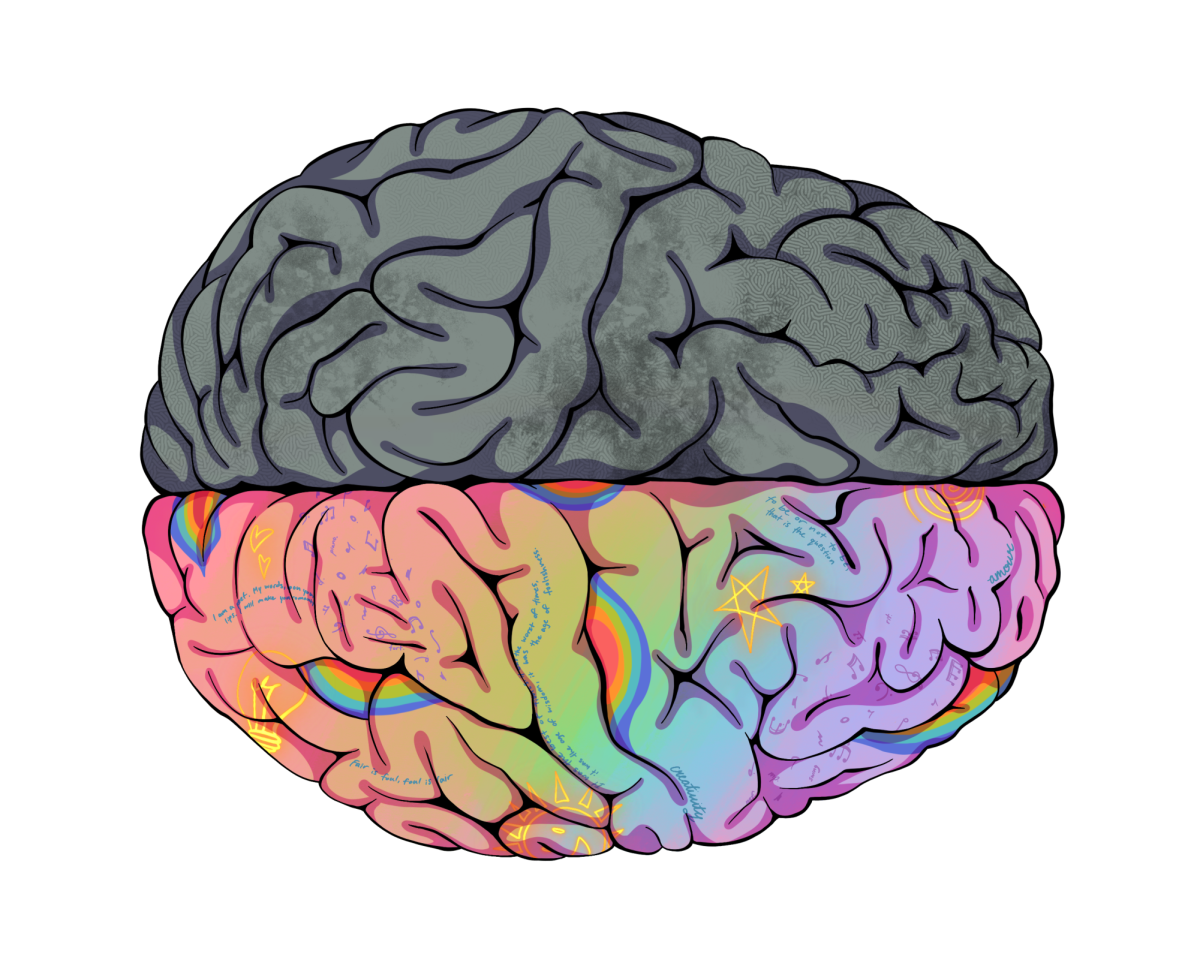
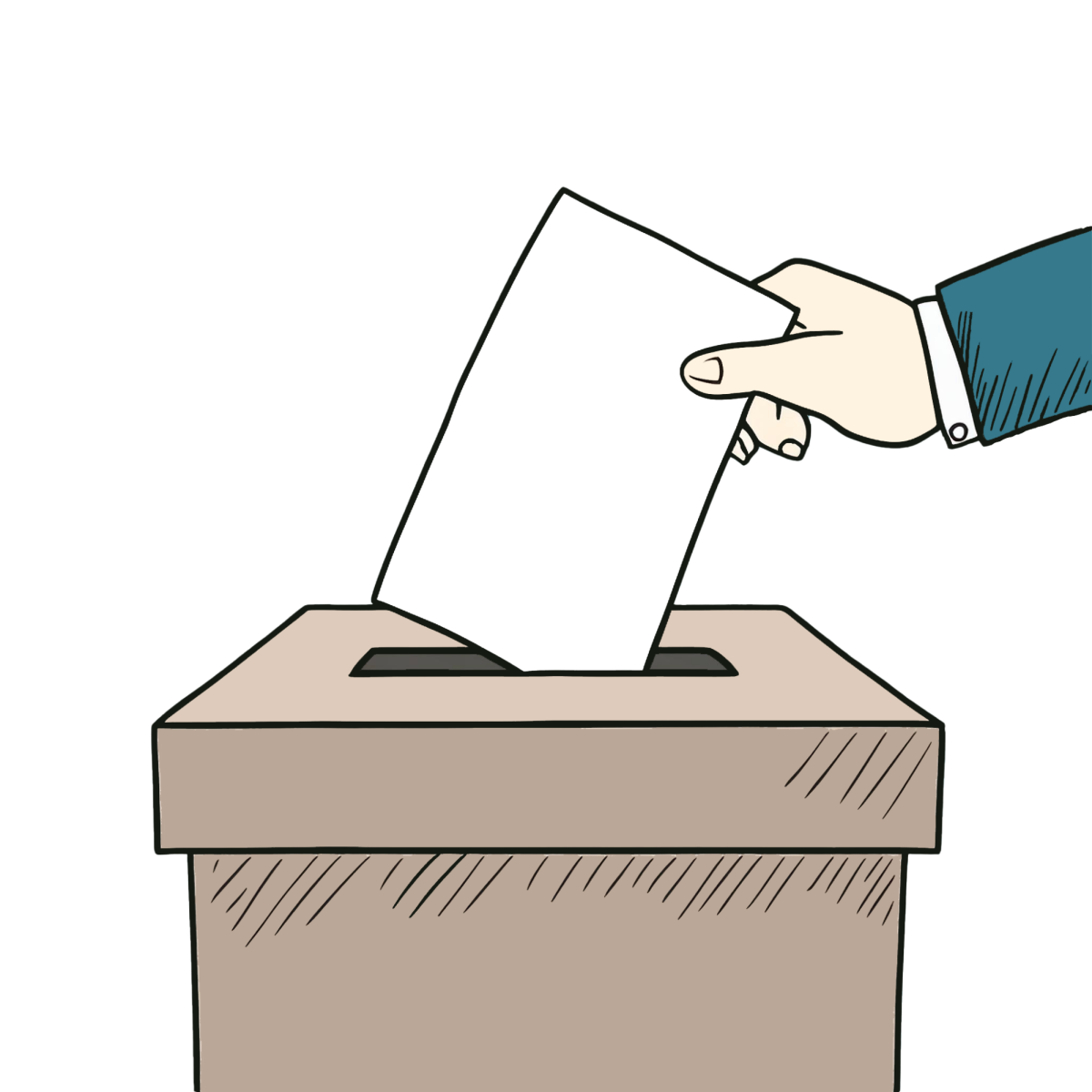
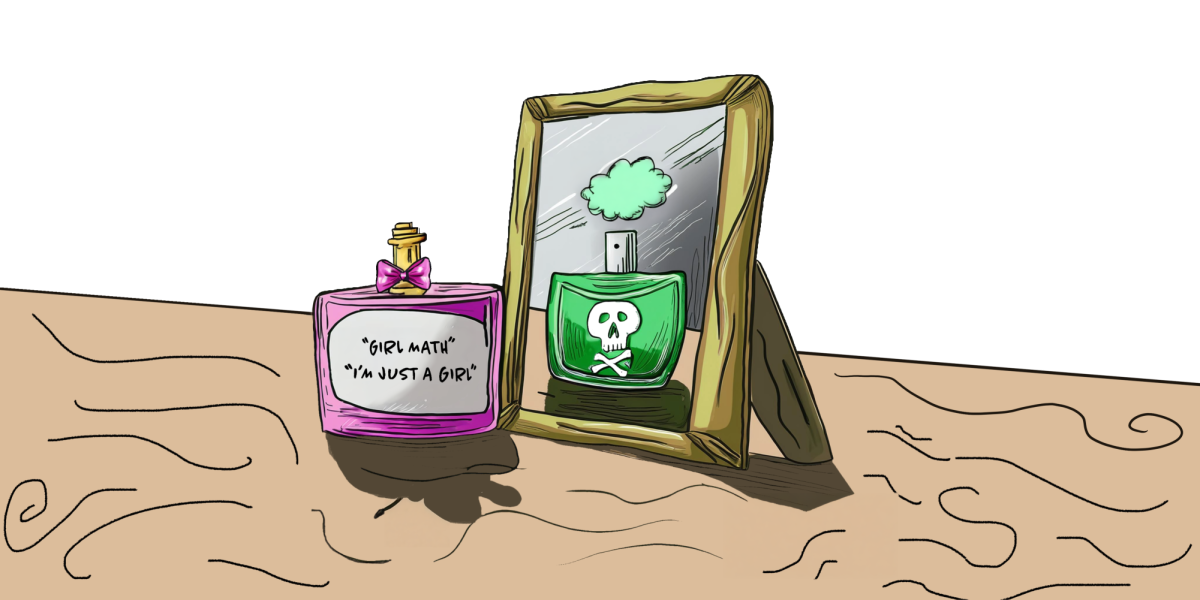
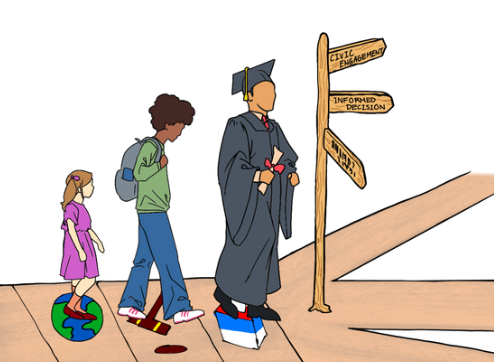
Ben Smith • Oct 13, 2016 at 5:49 am
How can you qualify “real racism”? How can you, a white individual, determine what is offensive to the victims of microagressions? Hoop skirts and the usage of the term “brown bag” may not be as blatant as the other examples that you mention, yet still remind people of systematic oppression. The “micro” in microagression does not mean small. It means ongoing, and these things that you bring up are ongoing reminders that hang over the heads of marginalized groups. None of these things have been stripped of their original meanings. Maybe it is not significant for you, but to others it is detrimental. Who left it up to you to decide what people find offensive? If someone finds it offensive and has a valid reason, like all the examples you mentioned, their opinion must be respected. Your quick dismissal of the offensive nature of microagressions is representative of the ideology of the general population. Hence, you continuing to use these tools of oppression in your daily life promotes the ongoing racism and sexism and general isms that are brushed aside so easily by white folks.
Klara Korhonen • Oct 11, 2016 at 8:14 pm
Such an excellent article!
I wonder if the focus on macroagressions, if it is overblown indeed (I don’t know as ii is not something I have been following) is based on the assumption or empiric knowledge that they help normalise macroagressions or its a way to distract attention from the really hairy and much harder to tackle problems.
What do you think?